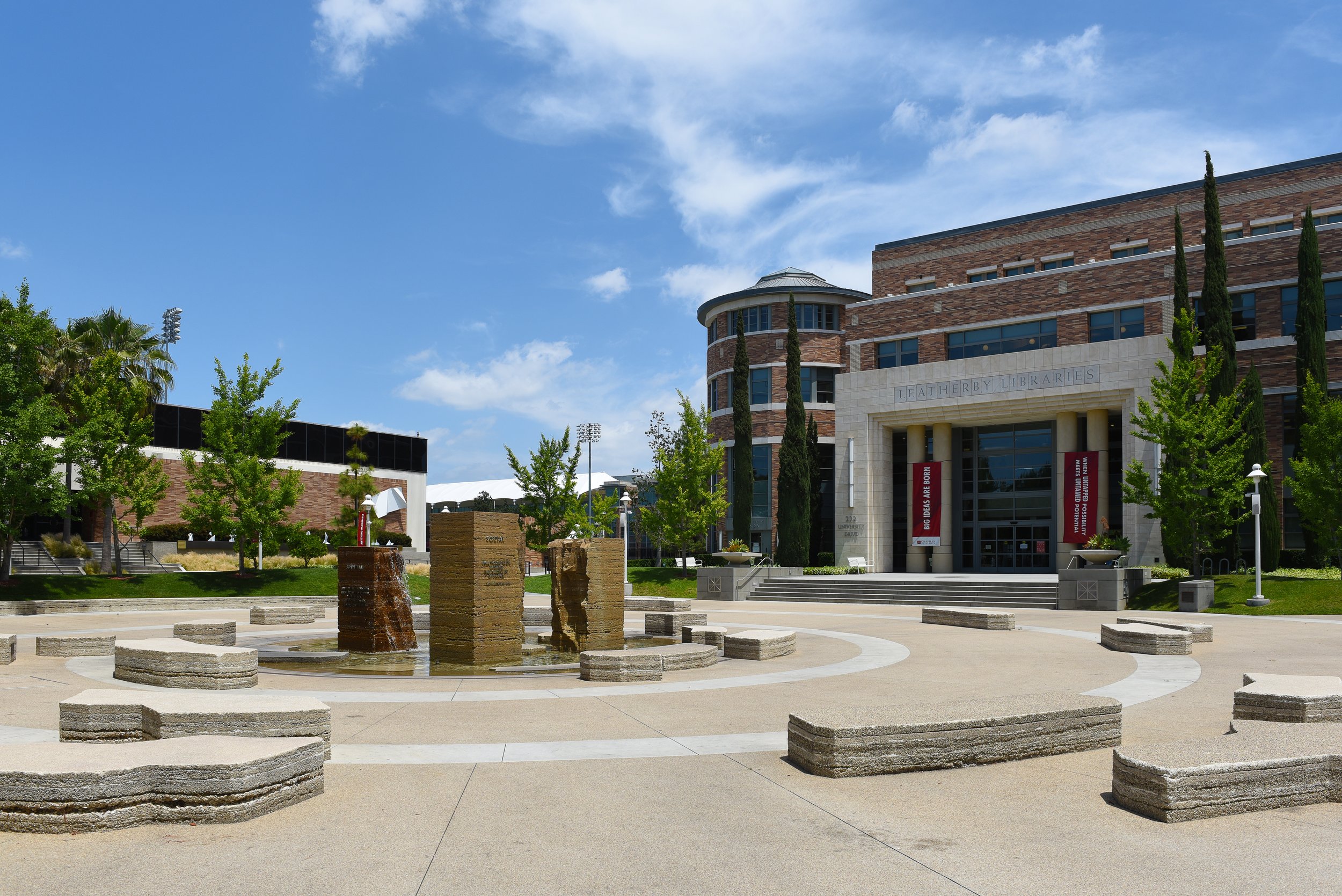New California bill bans legacy and donor admissions at private universities
Photo Courtesy of Adobe Stock
Colleges have long been viewed through many lenses. For some, it's a chance to advance in society, lifting themselves and their families to a better place in life. For others, it is a way of exploring their interests and talents, pushing themselves to their limits to create something beautiful.
And for a handful of wealthy families, it’s a way of maintaining the prestige of their name.
Many of these wealthy families have long been able to exploit backdoors by making massive donations or using the attendance of previous family members to allow their kids to skirt the admissions process, even if that spot may have otherwise gone to a more qualified and talented kid.
This is known as legacy and donor admissions, and they have long plagued the public integrity of universities around America, though that will soon change in California.
Assembly Bill 1780, signed into law recently, prohibits all private universities in California from offering legacy or donor admissions by Sept. 1, 2025, and authorizes more general oversight for private universities and their distribution of loans and financial aid to college students.
Any violations of this bill must immediately be reported to the state legislature and the Department of Justice, the latter of whom will publicize the violation on its website by the following year.
A few students at Chapman have had rather charged reactions to the new rules. For sophomore writing for film and television major Jack Hull, the new bill is welcome: “It’s only bad if you’re rich and talentless, which I’m not, so why should I care? All of those poor children of legacy and donor parents can pull themselves up by their bootstraps and work to get into university without the handout that is their last name on a building.”
This sentiment is shared by sophomore public relations, advertising and entertainment marketing major Alexia Pino, stated, “I think it’s a good thing because it gives everyone a fair chance to get into schools based on a holistic review and not just decided based on your name or the amount of money you give to the school.”
While similar views are generally shared by many, some still reserve their doubts on the effect the new bill will have.
“I believe at the core, every student should be evaluated solely on their abilities at the university,” said sophomore film and television production major Jack Henry Majeski. “However, there is no way to overlook a relative’s influence on the child’s commitment and understanding of university culture.”
Where students seemed truly split was the effect this bill would have on Chapman in particular. For her part, Pino was reassured: “I’m not sure how prevalent this was at Chapman but I think that it will help Chapman stay true and fair to its students, that we are getting chosen because of the hard work we put in to get here.”
“My confidence is boosted from the decision purely because I appreciate the dedication to always finding the most neutral way to accept a wide diversity of kids into Chapman,” affirmed Majeski. However, others skew much more skeptically in their predictions.
“I sincerely doubt Chapman chasing a truly meritocratic admissions system will be profitable…I'll wait and see, but currently no, I don't have confidence this law will change drastically Chapman's admissions process,” said Hull.
The Panther reached out to many officials in Chapman’s undergraduate admissions office for comment but received no response.

